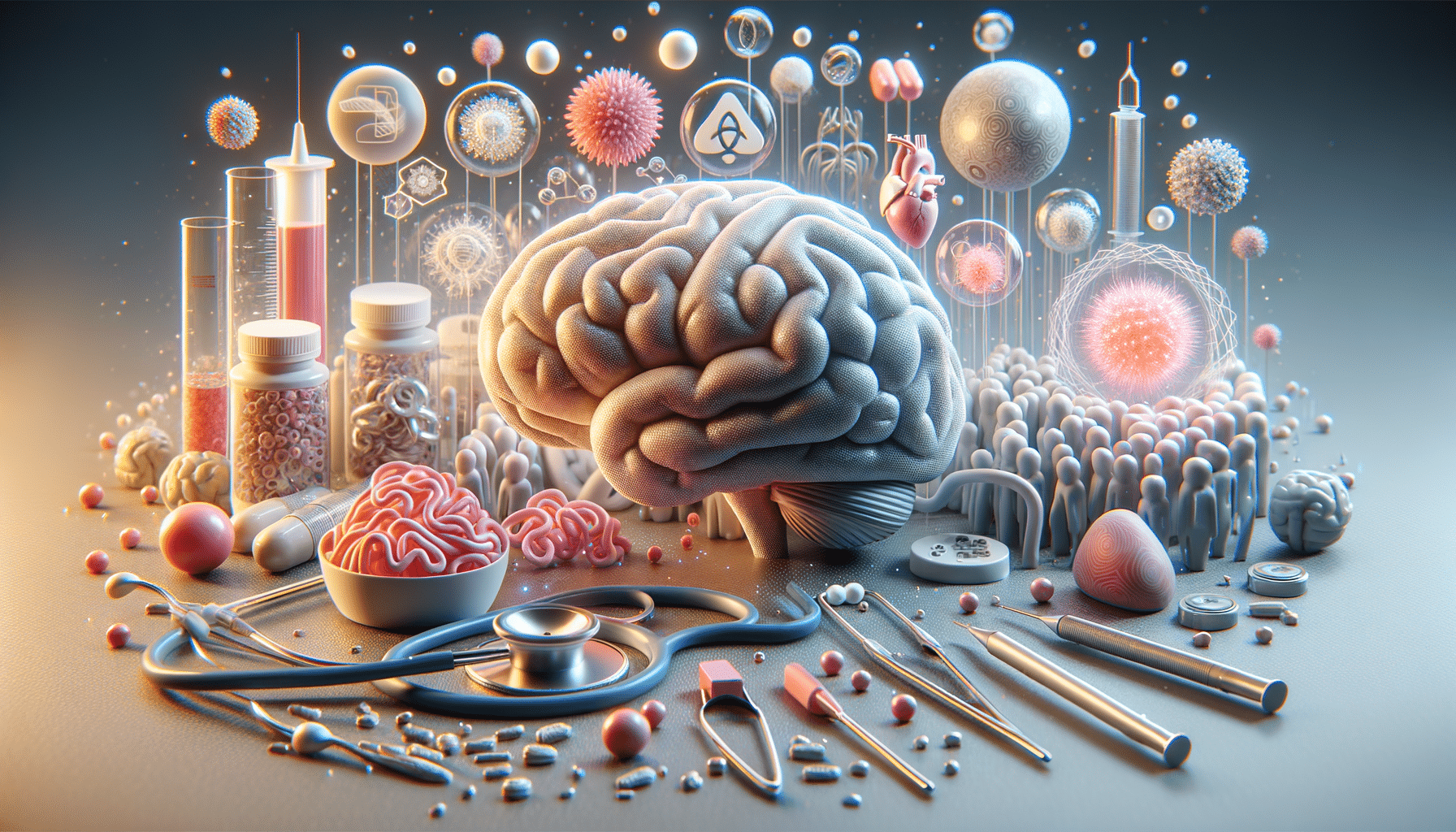Understanding Dementia Treatment: Approaches and Innovations
Dementia treatment encompasses various strategies aimed at improving quality of life and managing symptoms.

Introduction to Dementia Treatment
Dementia is a complex and multifaceted condition that affects millions of people worldwide. It is characterized by a decline in cognitive function, impacting memory, thinking, and social abilities significantly. The importance of effective dementia treatment cannot be overstated, as it not only aims to improve the quality of life for those affected but also to provide support to caregivers and family members. In this article, we will explore the various approaches to dementia treatment, examining both traditional methods and innovative advancements in the field.
Pharmacological Treatments
Pharmacological treatments for dementia primarily focus on managing symptoms rather than curing the disease. The most commonly prescribed medications are cholinesterase inhibitors and memantine. Cholinesterase inhibitors, such as donepezil, rivastigmine, and galantamine, work by boosting levels of a chemical messenger involved in memory and judgment. Memantine, on the other hand, regulates the activity of glutamate, another neurotransmitter involved in learning and memory.
These medications have been shown to provide modest benefits in cognitive symptoms and may help with behavioral issues. However, they are not without side effects, which can include nausea, vomiting, and increased risk of heart problems. It is crucial for healthcare providers to carefully consider the potential benefits and risks before prescribing these medications.
In addition to these, ongoing research is exploring the use of other drugs, such as those targeting amyloid plaques and tau tangles, which are hallmark features of Alzheimer’s disease, the most common form of dementia. Although these treatments are still under investigation, they offer hope for more effective interventions in the future.
Non-Pharmacological Interventions
Non-pharmacological interventions play a crucial role in the comprehensive management of dementia. These approaches focus on improving the quality of life and supporting cognitive function through various means. Cognitive stimulation therapy (CST), for instance, involves engaging activities designed to stimulate thinking and memory. Studies have shown that CST can lead to improvements in cognitive function and quality of life.
Another important aspect is lifestyle modification, which includes regular physical exercise, a balanced diet, and social engagement. Exercise has been found to have numerous benefits for individuals with dementia, including improved mood and physical health. Similarly, maintaining a healthy diet rich in fruits, vegetables, and omega-3 fatty acids can support brain health.
Social engagement is also vital, as it helps reduce feelings of isolation and depression, which are common in dementia patients. Activities such as group outings, art therapy, and music therapy can provide meaningful interactions and enhance emotional well-being.
Innovative Approaches and Future Directions
The field of dementia treatment is witnessing exciting advancements, with researchers exploring innovative approaches to tackle this challenging condition. One such avenue is the use of digital technologies, including mobile apps and virtual reality, to support cognitive training and engagement. These tools offer personalized and interactive experiences that can be tailored to individual needs, making them a promising addition to traditional therapies.
Furthermore, the role of biomarkers in early diagnosis and treatment is gaining attention. By identifying specific biological markers associated with dementia, healthcare providers can potentially intervene earlier, improving outcomes for patients. Genetic research is also paving the way for personalized medicine, where treatments can be customized based on an individual’s genetic profile.
Another area of interest is the gut-brain connection, with studies suggesting that gut health may influence cognitive function. This has led to investigations into the potential benefits of probiotics and dietary interventions in managing dementia symptoms.
Conclusion: A Holistic Approach to Dementia Care
In conclusion, dementia treatment requires a holistic approach that combines pharmacological and non-pharmacological interventions. While current medications offer some relief from symptoms, non-drug therapies play a significant role in enhancing quality of life. As research continues to evolve, innovative approaches such as digital technologies and personalized medicine hold promise for more effective management of dementia.
It is essential for caregivers, healthcare providers, and society as a whole to support individuals with dementia and their families. By staying informed about the latest advancements and adopting a comprehensive care strategy, we can improve the lives of those affected by this challenging condition.